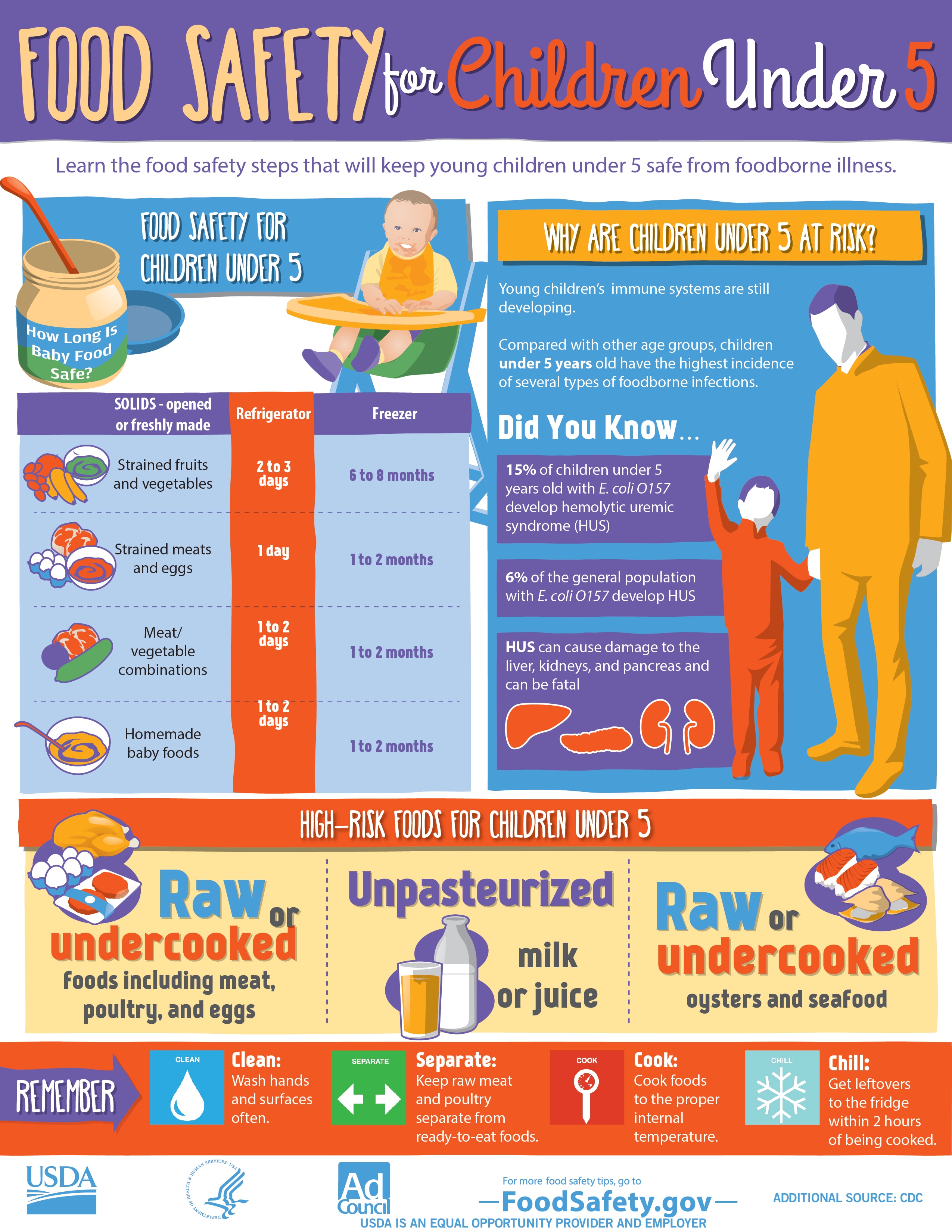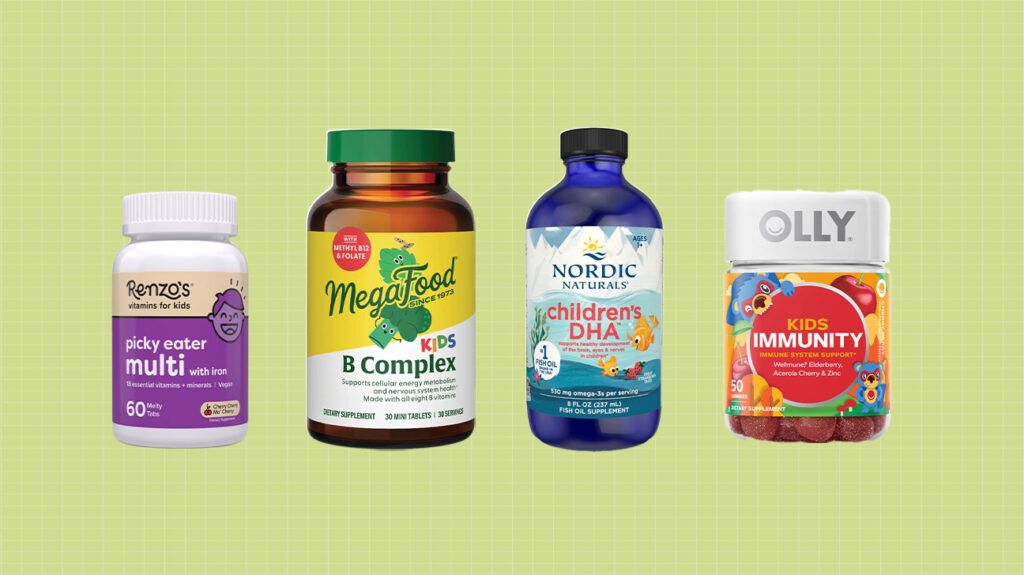.png) |
| Nutritional needs of children 1-3 years old |

Importance of Proper Nutrition
Proper nutrition plays a pivotal role in the growth and development of toddlers. Children aged 1 to 3 years are in a critical stage of brain development, physical growth, and the formation of lifelong eating habits. Providing balanced nutrition during this time can significantly impact their health, behavior, and cognitive function. For example, a toddler who regularly consumes a variety of fruits, vegetables, lean proteins, and whole grains is likely to have higher energy levels and better attention spans than those who have diets high in processed foods. Additionally, proper nutrition helps strengthen their immune systems, reducing the likelihood of illnesses.
Nutritional Guidelines for Toddlers
Guidelines for toddler nutrition may seem overwhelming, but they can be simplified into a few key points:
- Balanced Plate: Aim for a colorful plate that includes fruits, vegetables, proteins, grains, and dairy.
- Portion Control: Understand that toddlers need less food than adults; a quarter of an adult-sized portion is often enough.
- Frequency of Meals: Toddlers typically require three meals and two snacks each day to maintain their energy levels and support healthy growth.
- Limit Added Sugars and Salt: Focus on natural sources of sweetness through fruits and limit salt by opting for fresh ingredients.
By following these nutritional guidelines, parents can cultivate healthy eating habits in their children from an early age.

Macronutrient Requirements
Protein Needs
Protein is essential for toddlers as it plays a crucial role in building tissues, muscles, and enzymes. The recommended daily protein intake for children aged 1 to 3 is about 13 grams. This may seem small, but it can be easily achieved with a well-planned diet. In practice, here are some protein-rich foods to consider:
- Dairy: Milk, yogurt, and cheese
- Meats: Chicken, turkey, and lean cuts of beef
- Legumes: Beans, lentils, and chickpeas
- Eggs: A great versatile source of protein
For example, breakfast might include scrambled eggs with a side of whole-grain toast, providing not just protein but also fiber and healthy fats.
Carbohydrate and Fat Intake
Carbohydrates are the primary energy source for toddlers, making up about 45-65% of their daily caloric intake. This means they should enjoy plenty of whole grains, fruits, and vegetables. Simple snacks, like apple slices with nut butter or oats with berries, can be both nutritious and delicious. Fats, on the other hand, are also vital for a toddler’s brain development—about 30-40% of their calories should come from healthy fats. Examples include:
- Avocados
- Nut butters
- Olive oil
A balanced bowl of oatmeal topped with chopped avocado and fresh berries offers a delightful way of meeting their macronutrient needs while keeping breakfast exciting! By ensuring toddlers receive adequate protein, carbohydrates, and healthy fats, caregivers can support both their growth and energy levels effectively.

Micronutrient Needs
Vitamin Requirements
Micronutrients, particularly vitamins, are essential for a toddler's overall health and development. Among the various vitamins, some key ones to prioritize include:
- Vitamin A – Essential for vision and immune function. Sources: carrots, sweet potatoes, and spinach.
- Vitamin C – Important for skin health, wound healing, and enhancing iron absorption. Sources: oranges, strawberries, and bell peppers.
- Vitamin D – Crucial for bone growth and immune system support. Sources: fortified milk, fatty fish, and sunlight exposure.
Many parents find incorporating a rainbow of fruits and vegetables can make a meal visually appealing for toddlers, thereby making it easier to consume essential vitamins. For instance, a colorful fruit salad bursting with strawberries, blueberries, and mango offers a delightful way to pack in Vitamin C and A!
Mineral Intake
Minerals such as iron, calcium, and zinc are equally vital. The recommended daily intake for toddlers includes:
- Iron: Supports cognitive development and energy levels. Sources: red meat, beans, and fortified cereals.
- Calcium: Important for developing strong bones and teeth. Sources: dairy products, leafy greens, and tofu.
- Zinc: Plays a critical role in growth and immune support. Sources: meat, shellfish, and whole grains.
A lunch idea could be a bean and cheese quesadilla topped with a healthy serving of leafy greens, offering a good balance of minerals while keeping meals enjoyable. By ensuring toddlers receive adequate vitamins and minerals, caregivers contribute significantly to their long-lasting health and well-being.

Food Groups and Portion Sizes
Fruits and Vegetables
Fruits and vegetables are essential components of a toddler's diet, providing vital vitamins, minerals, and fiber. It's often recommended that toddlers consume about 1 to 1.5 cups of fruits and vegetables each day. Encouraging young children to try a variety of these foods can be a fun journey. Here are some tips to make it engaging:
- Make it Colorful: Present a range of colors in meals—think red cherries, orange carrots, green broccoli, and purple grapes.
- Involve Them: Let toddlers help wash, peel, or arrange fruits and veggies on their plates to spark their interest.
- Smoothie Time: Create delicious smoothies with bananas, spinach, and berries. Not only does this surprise them with flavors, but the vibrant colors also catch their attention!
Grains and Dairy
Grains and dairy also play a crucial role in toddler nutrition. For grains, toddlers should ideally get about 3 to 5 ounces a day, focusing on whole grains for added nutrients. Think whole-grain bread, brown rice, and oatmeal. In terms of dairy, recommended intake is around 2 cups daily, providing calcium and Vitamin D vital for bone health. Ideal sources include:
- Milk (whole or reduced-fat based on age)
- Yogurt (look for low-sugar options)
- Cheese (string cheese or cubes are toddler favorites)
Combining these elements can be both nutritious and satisfying. An example could be a whole-grain pasta salad mixed with diced vegetables and a sprinkle of cheese. This not only meets their nutritional needs but also makes mealtime a playful experience. By adhering to these food group guidelines and portion sizes, parents can ensure toddlers receive the balanced nourishment necessary for their growth and development.

Meal Planning for Toddlers
Sample Meal Ideas
Creating meals for toddlers can be both fun and rewarding. A well-planned menu not only ensures they get the nutrition they need, but it also sets the foundation for healthy eating habits. Here are some sample meal ideas that are nutritious and easy to prepare:
- Breakfast:
- Oatmeal topped with banana slices and a sprinkle of cinnamon.
- Whole-grain pancakes served with yogurt and mixed berries.
- Lunch:
- Turkey and cheese wrap in a whole grain tortilla with spinach and shredded carrots.
- Mini whole-grain pitas filled with hummus and diced cucumbers, served with apple slices.
- Dinner:
- Baked salmon with a side of quinoa and steamed broccoli.
- Stir-fried chicken with colorful bell peppers and brown rice.
Snack Options
Healthy snacks can help bridge the gap between meals and keep toddlers energized. Parents can get creative with their choices! Here are some delightful snack options:
- Fruits: Sliced apples with almond butter, or grapes cut in half (for safety).
- Vegetables: Carrot sticks with hummus or cherry tomatoes.
- Dairy: Cheese cubes or yogurt mixed with a spoonful of fruit puree.
- Whole Grains: Air-popped popcorn or whole grain crackers with guacamole.
By preparing meals and snacks that are both nutritious and appealing, parents can make mealtime enjoyable while ensuring their little ones get the necessary nutrients for healthy growth. The trick is to keep experimenting with flavors and food combinations, allowing toddlers to become adventurous eaters in the process!

Feeding Challenges
Picky Eaters
Picky eating is a common challenge many parents face during their toddler's developmental phase. Kids often become particular about their food preferences, which can be frustrating. One moment they’re devouring broccoli; the next, they refuse to even look at it! To navigate this tricky terrain, it’s important to remain patient and understand that picky eating is quite normal. Embracing a few strategies can make the process simpler:
- Keep it Varied: Offer a wide range of foods. Sometimes, it takes multiple exposures for a child to accept a new food.
- Engage Them: Involve toddlers in the meal prep process—whether it's washing veggies or stirring ingredients. This can spark interest in trying what they’ve helped create.
- Offer Choices: Rather than asking them if they want a vegetable, present two options: “Would you prefer carrots or peas today?”
Mealtime Strategies
Establishing effective mealtime strategies can also alleviate tensions around food. Here are some helpful tips:
- Routine: Set a consistent meal schedule to create a sense of security and predictability.
- Positive Environment: Make mealtime enjoyable. Avoid pressure or negative comments about food choices.
- Lead by Example: Demonstrate healthy eating habits yourself; toddlers often mimic their caregivers' behaviors.
By fostering a positive and engaging eating environment, parents can help reduce the struggles of feeding picky eaters, setting the stage for more adventurous eating habits in the future. It’s all about patience, creativity, and a sprinkle of fun!

Supplements for Toddlers
Vitamin D and Iron
While a balanced diet is the best way to provide essential nutrients to toddlers, sometimes supplements are necessary. Two crucial supplements to consider for toddlers are Vitamin D and iron. Vitamin D is vital for bone health, aiding the absorption of calcium. However, not all children get sufficient sunlight exposure, especially in colder months. Parents can provide Vitamin D through:
- Fortified Foods: Look for fortified milk or orange juice.
- Supplements: Many pediatricians recommend Vitamin D drops for toddlers.
Iron is equally important for cognitive development and energy levels. Picky eaters sometimes have difficulty consuming adequate iron-rich foods, making supplementation essential. Good sources of iron include:
- Iron-fortified cereals
- Beans and lentils
Consulting a pediatrician is always a good idea before starting any supplements.
Probiotics and Omega-3s
Next on the list are probiotics and omega-3 fatty acids. Probiotics promote gut health and can support the immune system, making them a worthy addition to a toddler's diet. You can find probiotics in:
- Yogurts: Opt for those with live cultures.
- Fermented foods: Such as kefir.
Omega-3s are crucial for brain development and can be difficult to obtain in sufficient amounts through diet alone. Sources include:
- Fish: Such as salmon, which can also be mixed into purees.
- Flaxseed oil or chia seeds for vegetarian options.
Introducing these supplements, while ensuring a focus on a nutritious diet, can greatly contribute to a toddler's overall health and development. Remember, always consult with healthcare professionals to tailor the best approach for each child's needs!


